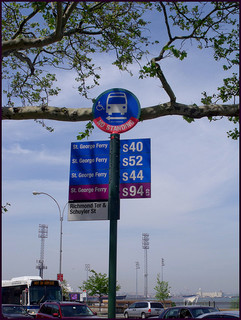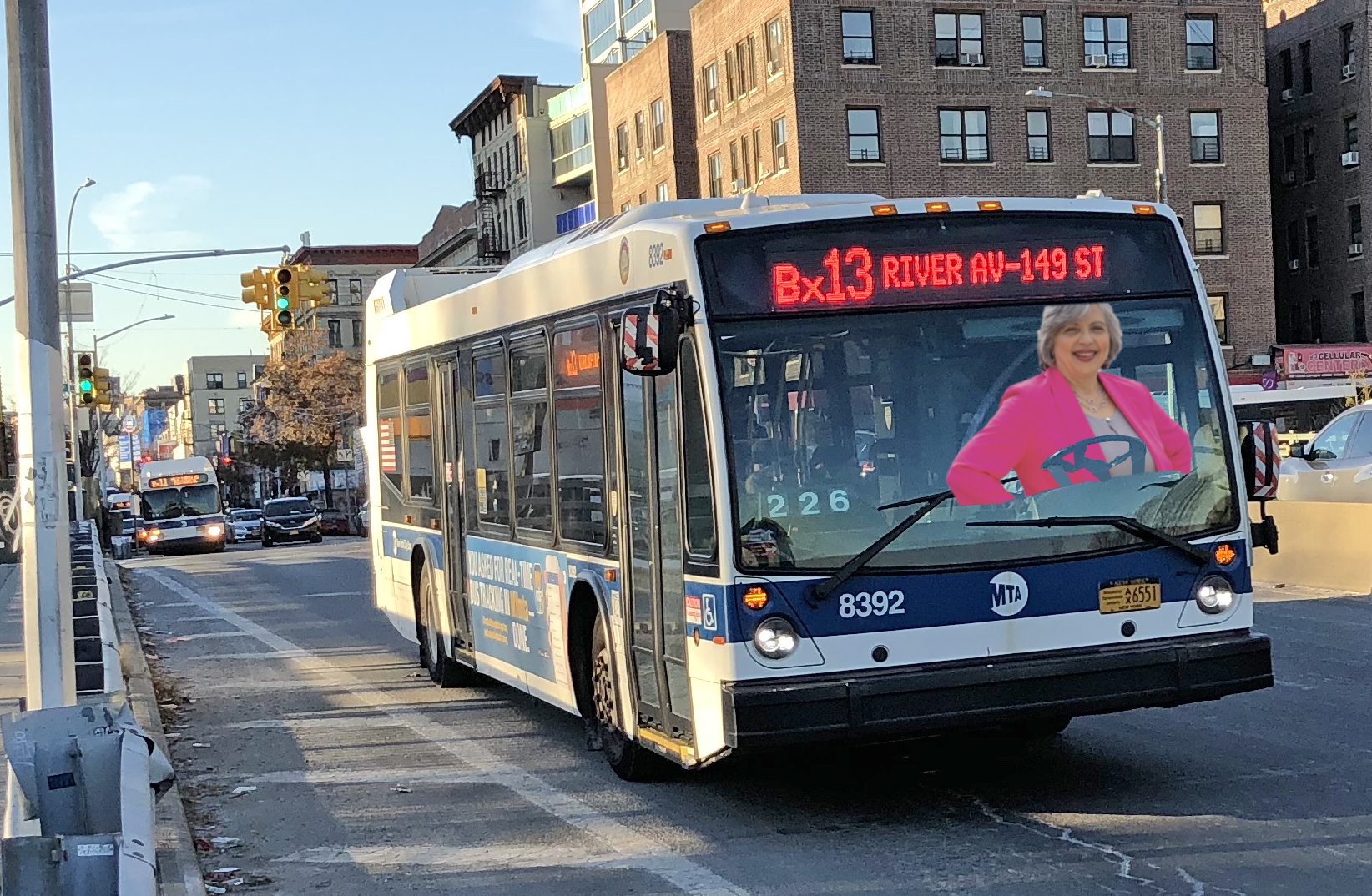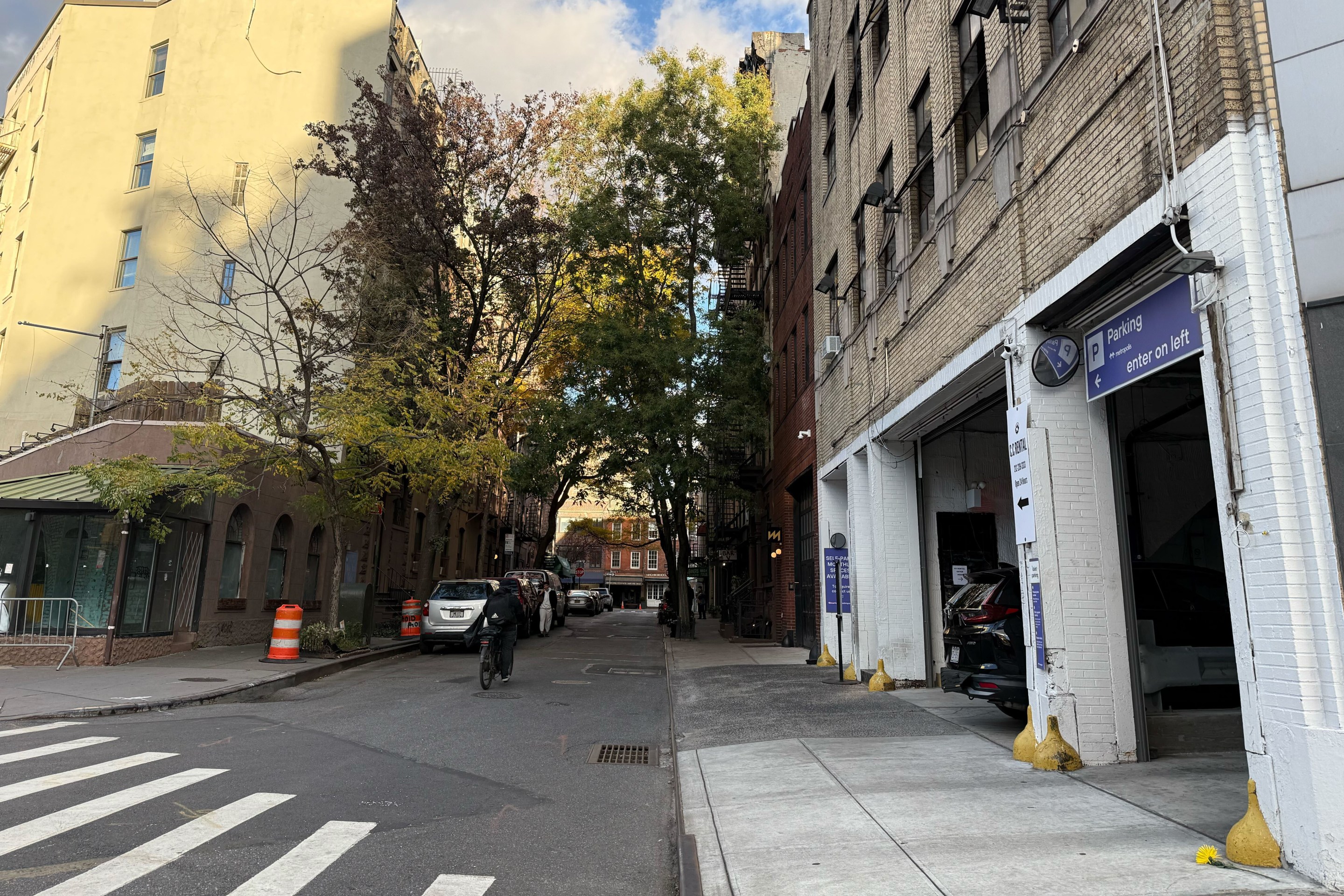
It's not often that Andrew Cuomo is willing to spend a dime in support of mass transit, but the governor did offer the MTA a small respite yesterday.
Currently, the state steals money from transit riders in one particularly insulting way. First, Albany leaves the MTA capital plan drastically underfunded, forcing the authority to take on tens of billions of dollars in debt. Then, for every bond the MTA issues, the state charges it a fee for the privilege. Since 2006, the state has taken $100 million from the MTA in "bond issuance charges."
Thanks to sustained lobbying from transit advocates, most notably MTA Board member Allen Cappelli, a Staten Islander appointed by David Paterson, Cuomo has agreed to waive the bond issuance charges for the next two years, though only on bonds being used to refinance old debt. Given the enormous amount of borrowing required by Cuomo's own refusal to fund the rest of the MTA capital plan, even that limited reprieve will amount to $50 million more for the transit system.
"If we are to hold the MTA accountable for their spending practices, state government must do its part to solve the problem as well," said State Assembly Member Nicole Malliotakis, who had pushed for the elimination of the fee, in a statement. "This policy was completely counterproductive as it was bleeding the MTA dry and contributing to the agency’s chronic failure to maintain adequate bus service and keep tolls and fares at a reasonable level,”
As an editorial by the Staten Island Advance notes, a partial waiver of the charge is only a small first step. "We urge the governor and the Legislature to grant a permanent exemption that will cover all of the MTA’s bonds, not just those used to refinance old debt," wrote the Advance today. "There was never any rational justification for the state to claim a cut from bonds used to pay for public transportation. The state should be funding mass transit even more than it does, not appropriating a portion of the beleaguered MTA’s revenue."
Indeed, this $50 million doesn't even come close to making up for Cuomo's past attacks on transit funding.
The governor's first budget alone stole $100 million in dedicated transit revenues. By cutting the payroll mobility tax, Cuomo put over $300 million a year in formerly dedicated transit funds at the mercy of Albany's annual budget negotiation. And by putting the remaining three years of the MTA capital plan on a credit card without offering any plan to pay for it, the governor will ultimately make transit riders shoulder hundreds of millions more a year in debt service payments.
In other words, $50 million is just a drop in the bucket when it comes to the MTA's Albany-induced financial woes. So while many who fought for the fee waiver are hoping to see the money used to restore service cuts, the MTA is likely to pocket the savings to try to keep its future debt payments a little lower.
For transit riders to see service restored even to the levels of a few years ago, much less improved, Cuomo and the legislature need to step up in a serious way for transit.





